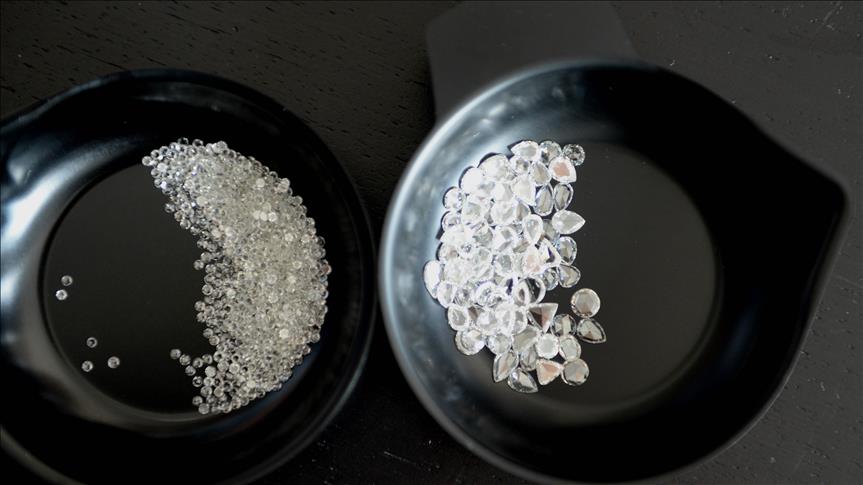
Botswana and controversial mining company De Beers have announced they agreed in principle on a new diamond sales deal and to extend mining licences for their venture.
Friday’s deal comes after months of tense negotiations in which Botswana President Mokgweetsi Masisi pushed De Beers for a bigger share of Debswana’s output.
The new deal covers a 10-year sales deal for rough diamond production and 25-year mining licences for their joint Debswana venture.
It wasn’t immediately clear whether Botswana would get a bigger share of Debswana’s output from the deal as it had hoped for.
Under the deal that ended on Friday, Debswana, sold 75% of its output to De Beers, with the balance taken up by state-owned Okavango Diamond Company.
Masisi said on Friday that although De Beers had started to concede to some demands, Gaboron also had to make some concessions.
An interim sales agreement is in place until the new deal is finalised, the two partners said in a statement.

In March, Botswana announced it would take a 24% stake in Belgian gem processing firm HB Antwerp in a move seen as designed to loosen De Beers’ grip on the country’s gems.
Botswana supplies 70% of De Beers’ rough diamonds.
Debswana joint venture diamond sales nearly account for two-thirds of Botswana’s foreign currency receipts and a fifth of its GDP
Debswana’s diamond sales increased by $1.1 billion in 2022 compared to 2021, with a record $4.6 billion total.
De Beers has been criticised over the decades for being involved in the blood diamond trade. Most of the mining company’s shady exploits have been reported in South Africa. But its tendrils reach Zimbabwe, Zambia, and Botswana.
It is accused of displacing, killing, incarcerating and working millions of Afrikaners to death. Under the leadership of Cecil Rhodes, De Beers and its many subsidiaries also justified this through the belief in white supremacy from the 1800s forward.
